Online Photography Degree
Associate Degree in Digital Photography
Next Start: February 9 Mid-Term
Program Overview
The Sessions College Associate of Occupational Studies in Digital Photography is an intensive two-year online photography degree program for students seeking to enter careers as independent freelance photographers. Designed for high school graduates and adult learners, the program will offer a strong foundation in the visual language of photography and a working knowledge of the equipment, software, and production techniques essential for work in the photographic industry.
First-year classes cover fundamental concepts in photography, lighting, and image editing, as well as color and composition. Second-year classes place an emphasis on exploring a range of commercial photography assignments and finding areas of strength. A focus on real world scenarios and a training in complementary skills such as photo editing and video production ensures that students are prepared to work in a range of professional contexts.
Mid-Term Classes. Looking to enter your Sessions College program next month? Check out our Mid-Term Classes for applicants accepted by February 2nd, 2025.
Live Event - Lessons from a Pro Photography Career
Live Event
Wednesday, Dec 3, 4pm PT/7pm ET
Register Now!


 February 9, 2026
February 9, 2026
Academic Calendar
“Photography is about capturing the world as you see it through your eyes, communicating your unique vision and collaborating with others. The photography program at Sessions College builds the foundation in creative and technical skills and the robust portfolio you need to compete in the market.”

Felicia Kieselhorst
Department Head of Digital Photography, Photo Lighting and Lightroom Instructor
Program Curriculum
The Associate Degree in Digital Photography is a 72-credit online program completed in six semesters. Credit transfer and part-time schedules available.
First Semester
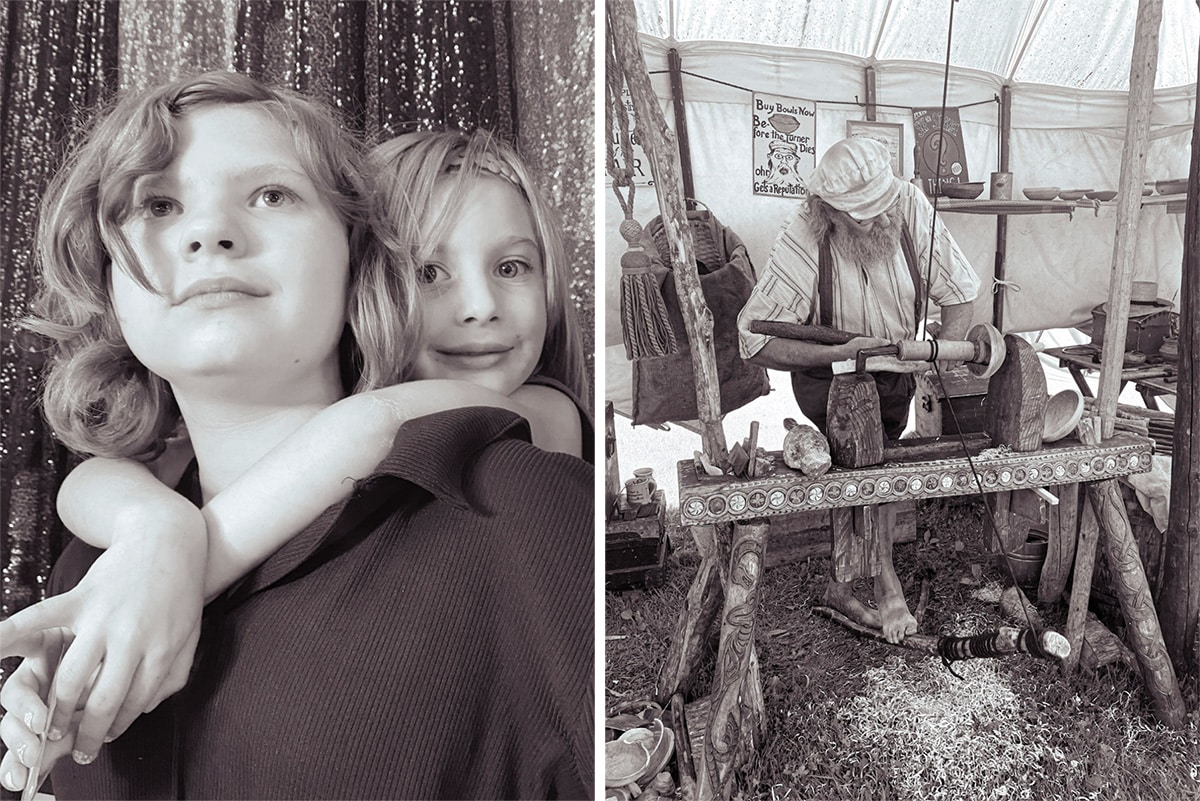
DES 151: Digital Photography I - 3 Credits
In this course, you'll build a foundation in fundamental photography techniques. You will gain control over your camera's manual settings, learning how to balance the elements in the Exposure Triangle (ISO, Shutter Speed, and Aperture/F-Stop. You will discover how to set White Balance appropriately, create depth of field, and capture motion. We will explore composition concepts to help you make your photographs more interesting and effective and equip you for the types of adjustments photographers make to adjust to different lighting conditions. To give you experience in some important genres, you will gain practical experience in shooting different kinds of portrait photographs and sports/motion photographs. Digital Photography I course syllabus
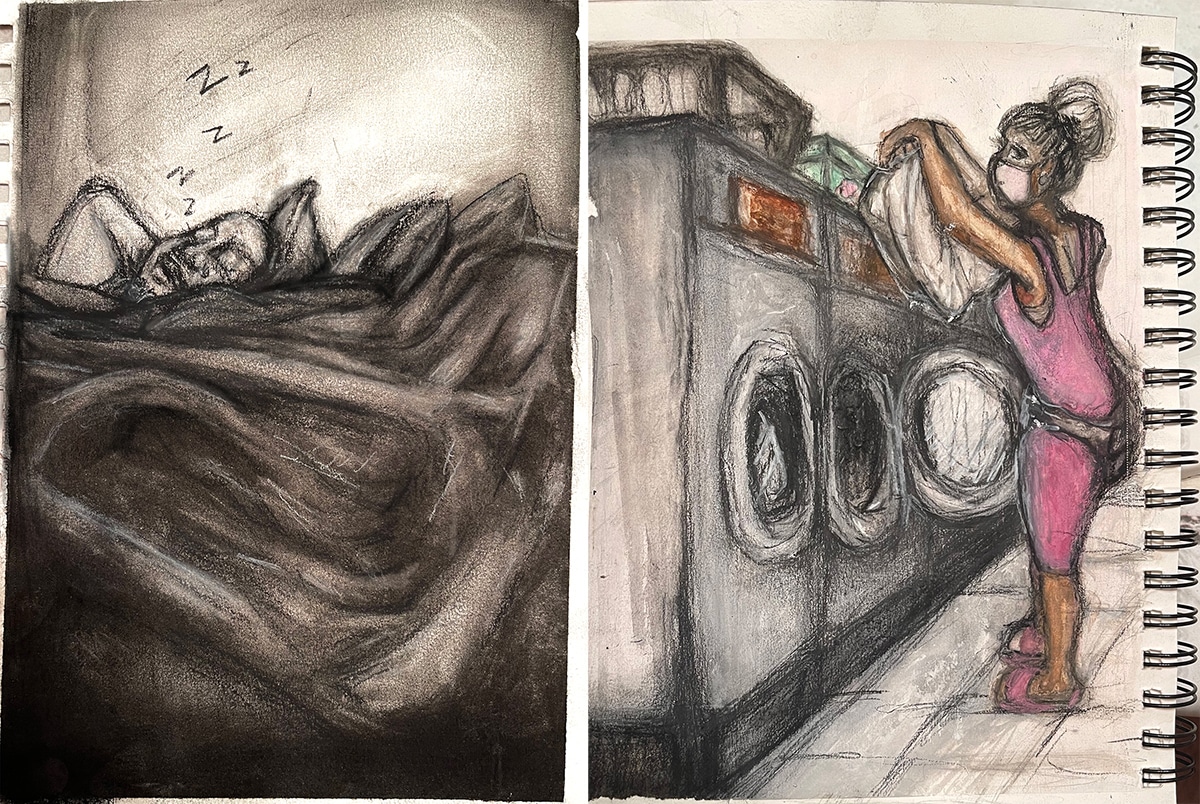
DES 111: Drawing I - 3 Credits
Many people are afraid to draw, but the truth is that drawing is not as hard as it seems. If you can relax, get your mind around the task, and begin to understand what you see, you can draw. In this online drawing course, you'll learn how to analyze what you see in the world around you and communicate it on paper. Guided by a professional artist, you will explore the critical concepts of line, mass, form, perspective, value, and composition, building a solid foundation for all your art and design work. Drawing I course syllabus

PHO 205: Lightroom - 3 Credits
Have you ever spent more time working on a photo shoot at your desk than you did taking the pictures? If so, consider managing, developing, printing, and presenting your images efficiently with Adobe Lightroom Classic. In this online Lightroom course, working with a photography pro, you'll learn how to import and catalog your images with ease, and use basic and advanced development and retouching tools to create stellar shots, taking advantage of advanced production techniques and workflows. Lightroom course syllabus

GEN 104: English Composition - 3 Credits
Writing is an essential skill in almost any professional career you can name. In this online english composition course, students learn to become better readers and writers. Your goal is to produce clearer, more active sentences, better structured paragraphs, and more coherent and interesting personal and analytical essays. Throughout the semester, class discussions will use the critique of images and videos on art as a stimulus for writing. Students will develop two polished essays that will be presented for peer critique. English Composition course syllabus
Second Semester
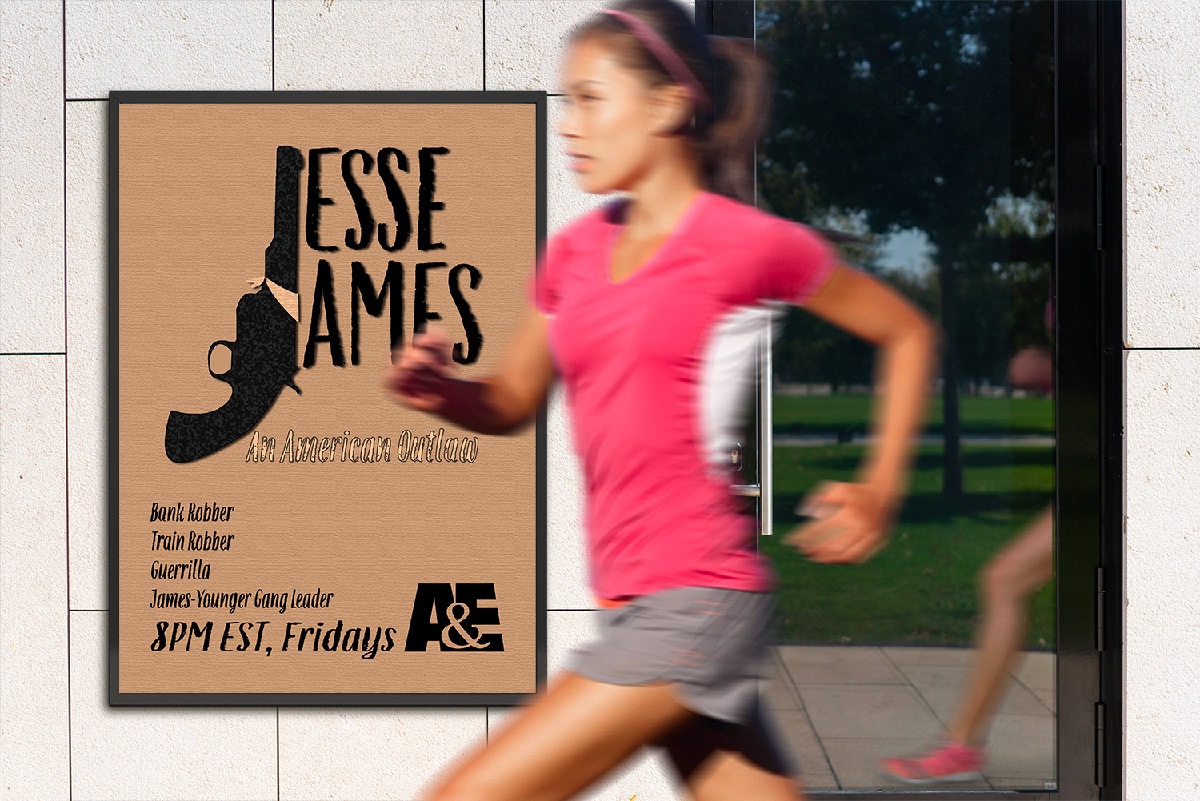
DES 106: Design Foundations - 3 Credits
Color is a fundamental medium for any artist or designer. Typography is what sets designers apart from other artists. Composition, literally the assembly or construction of elements, is the artful arrangement that guides the viewer's eye through an image. In this course, you will analyze everything from Grand Masters to Madison Avenue ads to tubes of toothpaste, and discover how color, type, and composition are combined to create effective and powerful visual communications. Class projects challenge you to build and apply your design skills in application to real-life creative scenarios. Design Foundations course syllabus
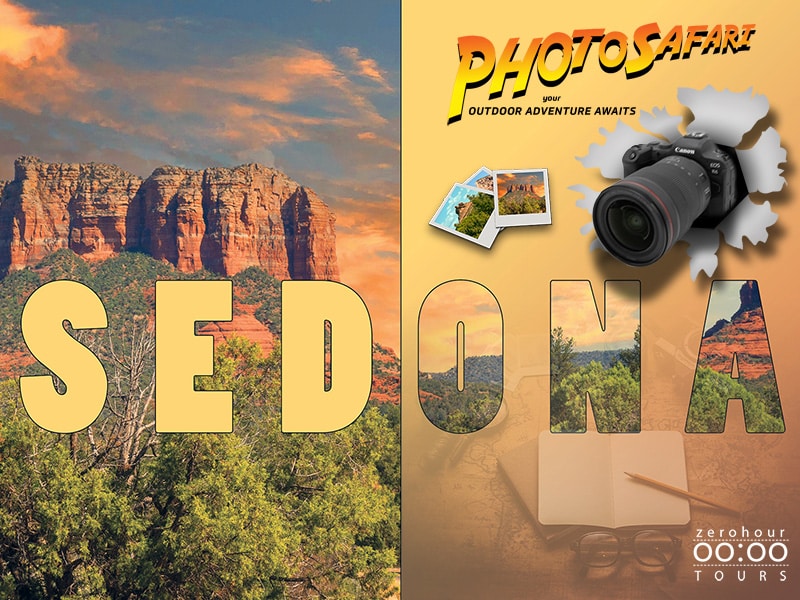
DES 121 Photoshop I - 3 Credits
Adobe Photoshop is the premiere image manipulation tool for print design, Web design, and photography. You can learn to tame this creative powerhouse of a program in this online Photoshop course. Working with a design pro, you’ll learn the best techniques for common Photoshop jobs including selecting and isolating objects, creating image composites, masking and vignetting images, setting typography, and improving images with retouching and effects. Photoshop I course syllabus
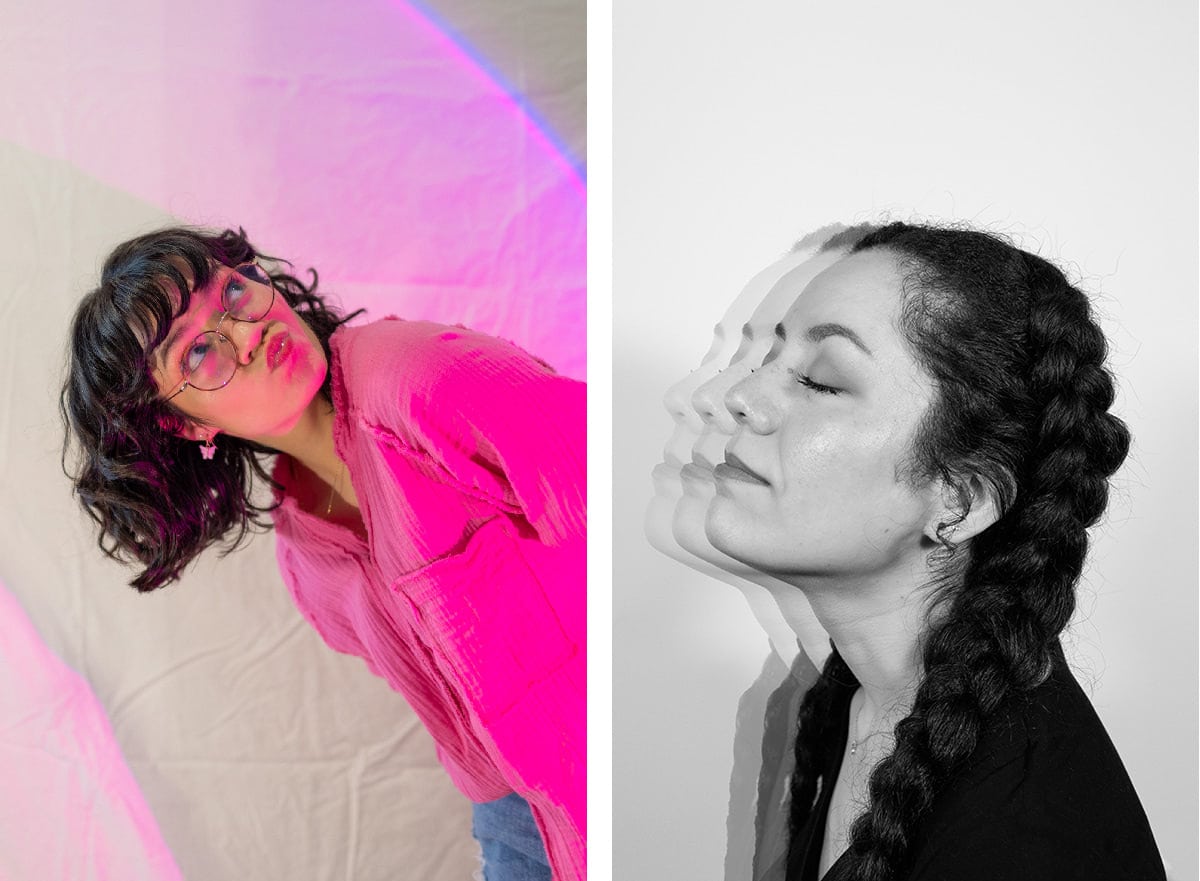
PHO 105: Photo Lighting and Planning - 3 Credits
Planning a photo shoot can be challenging as you struggle to properly prepare while keeping the artistic juices flowing. In this online photography lighting course, you'll focus on the planning and preparation that lead to the successful execution of a photo shoot. You will develop a thorough understanding of different types of lighting, both natural and artificial, and learn how to work within varied shooting conditions. Working with a photography pro, you'll explore ways to effectively stage and style photographs to achieve your desired effect. Photo Lighting and Planning course syllabus
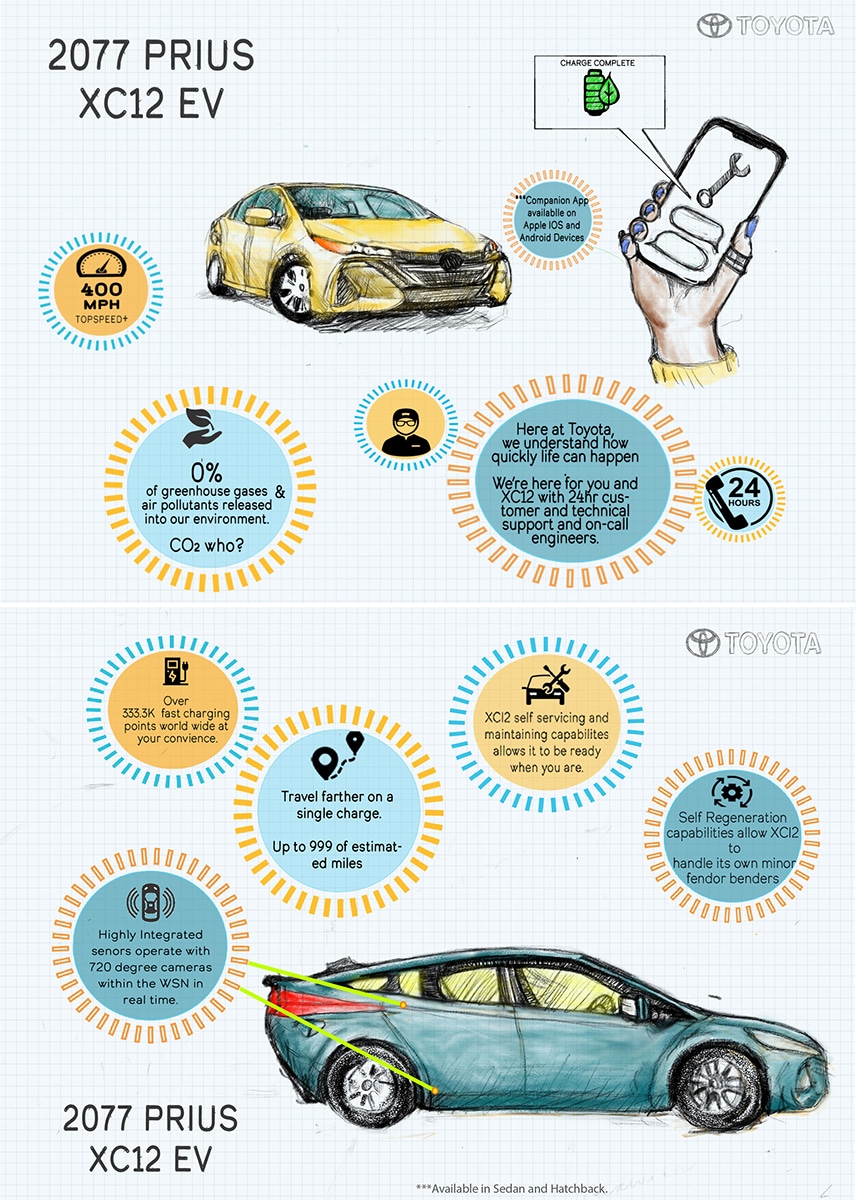
GEN 105: Computer Technology - 3 Credits
To succeed in today's digital workplace, it's imperative to understand how computers work. In this online computer technology course, you'll gain a foundation in modern computer systems. The course provides a foundation in the computer concepts that every working professional should know. Lectures explore the history and technical evolution of computing, with a focus on the development of hardware, software, and the Internet have developed. Course assignments challenge students to master concepts and relate their studies to relevant professional scenarios, including data representation, programming, and social issues in computing. Computer Technology course syllabus
Third Semester
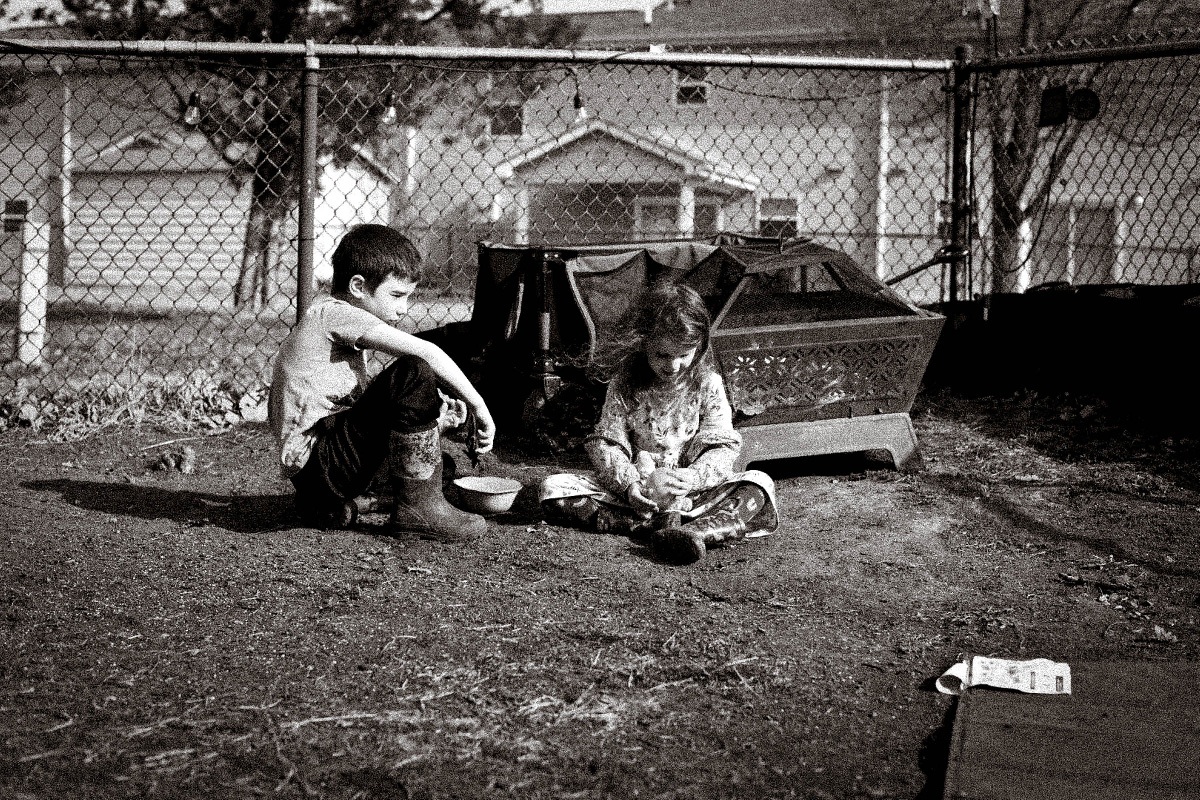
PHO 104: History of Photography - 1.5 Credits
When photography was "invented" in 1839, the scientific breakthrough brought forth a new way of seeing. In this online photography history course, we'll trace the development of photography from its pioneering days in the 19th century to the experimental movements of today. We'll discuss major innovations and photographers in each period, and really put into practice what we're learning. Each exercise will require you to take photos that emulate historical styles, genres, or techniques. History of Photography course syllabus

PHO 154: Landscape Photography - 3 Credits
Landscape photography can be fascinating and endlessly inspiring, just like the natural world. In this course, you will explore a wide range of concepts and techniques to help you get more out of your nature photography. Each assignment will challenge you to go out and photograph the natural world, exploring compositional concepts and shooting techniques for different kinds of subjects and environments, ranging from macro and mobile to HDR and panoramic shots. To help you organize, edit, and showcase your work, the course will explore editing techniques using Adobe Lightroom. By the end of the course, you'll have created a stunning portfolio of images celebrating your favorite natural location(s). Landscape Photography course syllabus

PHO 106: Photo Retouching - 1.5 Credits
Nearly every photograph can benefit from retouching, whether it's to correct subtle color problems or make major changes to the subject or background. In this online photo editing course, you'll learn how to turn good photographs into showstoppers. Using Photoshop's tools and filters, you'll learn to make seamless changes, realistically enhancing your images so that no one knows work was done. Photographers and designers will benefit from learning systematic professional routines taught in this course. Photo Retouching course syllabus
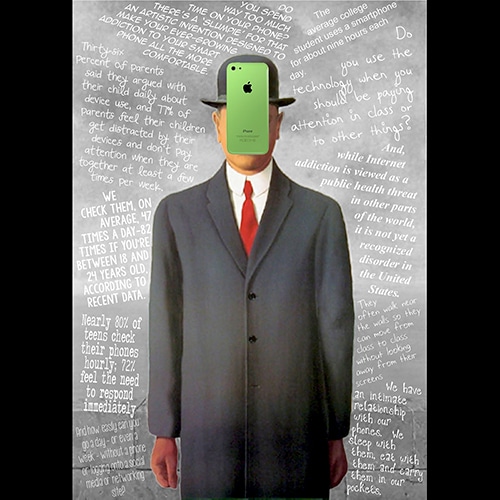
GEN 106: History of Art - 3 Credits
What essentials do artists and designers just need to know? In this online art history course, you'll build a foundation in art and the artists who created it. You'll explore profound themes that have concerned artists for centuries: nature, the human body, society, religion, and politics. Through engaging lectures and projects, you'll learn how to identify the mediums, materials, and techniques artists use and discuss the styles of important artists, art movements, and historical periods from antiquity through the mid-20th century. History of Art course syllabus

GEN 107: General Psychology - 3 Credits
An understanding of human psychology is essential for any designer. In this online psychology course, you'll build a foundation in theories of the mind. The course focuses on the biological and environmental bases for human behavior, including motivation, emotions, states of consciousness, learning, and personality. Students examine classic theories and theorists in psychology and complete research- and reflection-based projects. General Psychology course syllabus
Fourth Semester
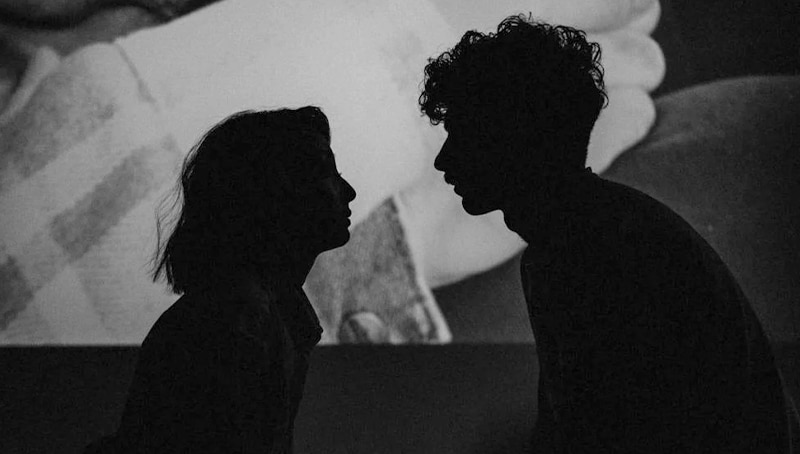
PHO 204: Commercial Photography I - 3 Credits
Event photography is the primary source of business for most professional photographers. Capturing the important moments in a concert, wedding, or sporting event requires planning and a mastery of equipment, lighting, and location. In this course, you'll learn practical skills for managing paid event photography shoots. Working with a professional photographer, you'll learn how to approach projects professionally and deliver the client a high quality product. Commercial Photography I course syllabus
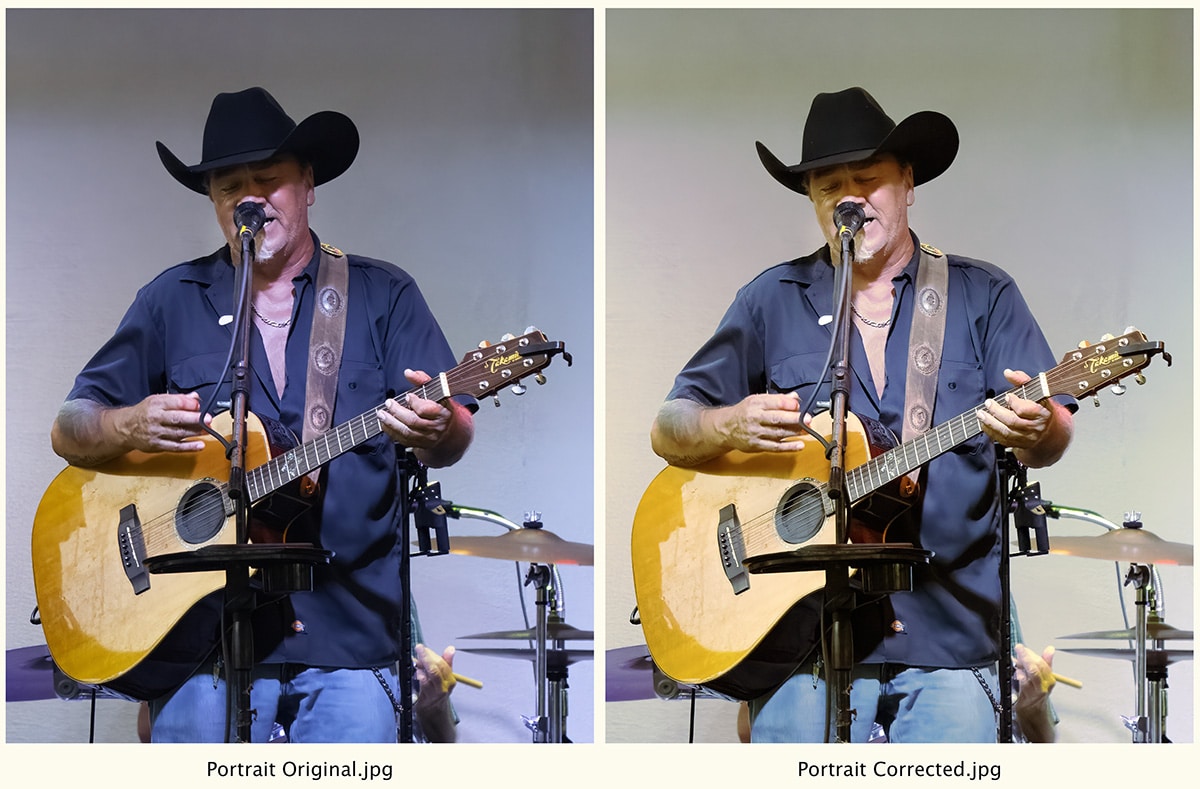
PHO 208: Color Correction - 3 Credits
Do you know how to get the best out of your digital images? As every art director knows, even the best photographs (on the best of days) can be plagued by problems such as color casts, unnatural tones, dull highlights, murky shadows, or low contrast. In this online color correction course, you'll learn systematic techniques for every aspect of Photoshop color management using Photoshop. Working with a Photoshop guru, you'll learn how to identify classic color scenarios and use both comprehensive and quick-and-dirty methods for correcting them. Color Correction course syllabus

DES 222: Photoshop II - 3 Credits
How well do you know Adobe Photoshop, the industry-standard imaging app? In this advanced online Photoshop course you'll transcend your current skill set with vector illustration techniques, photo-realistic painting, high-impact typography, and professional editing methods that preserve the editability of your original images. Working with a Photoshop pro, you'll build proficiency with the Pen tool, Adobe Color, Smart Objects and Filters, and more. Photoshop II course syllabus
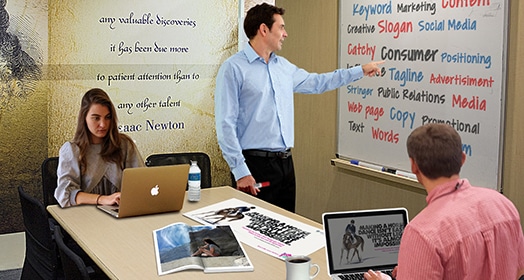
GEN 207: Copywriting - 3 Credits
Every ad designer must grasp the basics of persuasive copywriting. In this online copywriting course, students will study how text and images interact in effective ad campaigns, learning how to write and edit ad copy for print and digital advertising media and turn written ideas into visual expression. Working with a professional writer and editor, you'll hone your copywriting skills on realistic projects. Copywriting course syllabus
Fifth Semester

ADV 207: Creative Concept Development - 3 Credits
Where do creative concepts come from? In advertising, illustration, and design, you need to be able generate many ideas for your clients and projects. You can have all the skills in the world, but unless you can develop creative concepts, your products and content will get lost in the sea of what's out there. This online creativity course provides you a training in identifying the needs of each project, brainstorming solutions, challenging your assumptions, and testing/evaluating your ideas until you have a winner. Creative Concept Development course syllabus
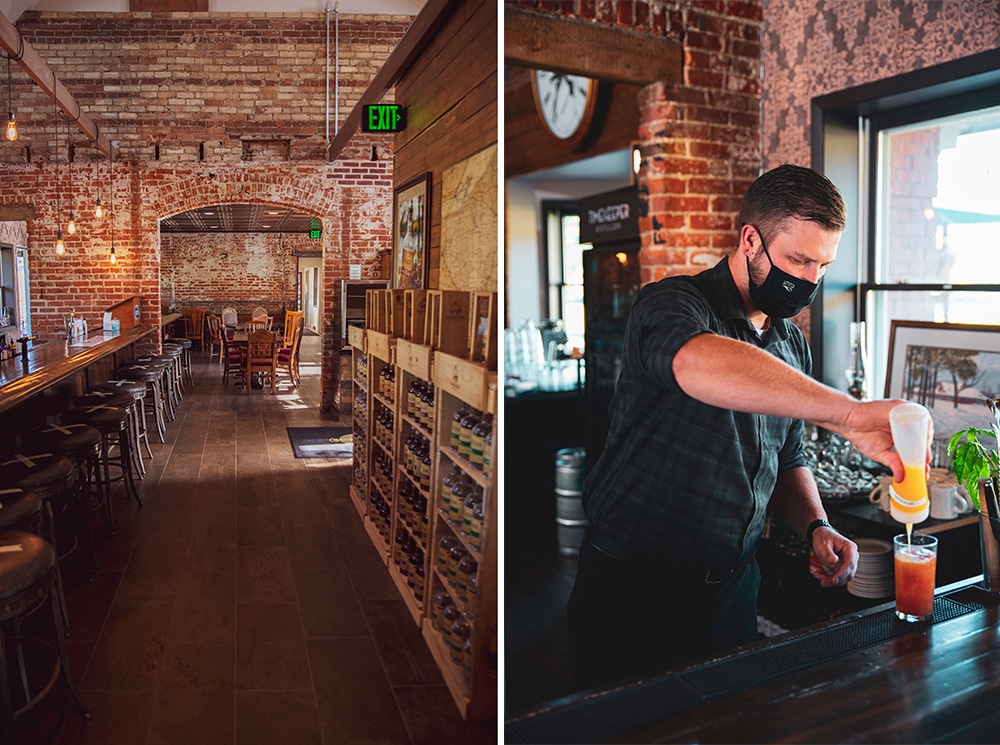
PHO 207: Commercial Photography II - 3 Credits
Are you looking to branch out and make a career as a commercial photographer? This advanced commercial photography course teaches you how to market yourself and gain new clients, shooting commercial subjects like buildings, products and food for e-commerce, advertising, and lifestyle industries. Other exciting areas of focus include portraiture photography and photojournalism. Commercial Photography II course syllabus

DIG 201: Digital Video Editing I - 3 Credits
Digital video is an exciting field, once described by FaceBook CEO Mark Zuckerberg as a megatrend. In this online video editing course, you'll learn the art and craft of editing videos using Adobe Premier, or equivalent NLE program. Working with a pro digital artist, you'll learn time-honored concepts in editing, including shot types, story structure, scripting, editing sound, continuity editing, CODECs, adding text and graphics, compressing and expanding time, and storytelling strategies. Through a series of creative projects, you'll learn how to create polished movies for digital and social media applications. Digital Video Editing course syllabus

GEN 204: Intro to Marketing - 1.5 Credits
Today's business clients are looking for designers who can apply their creative talents in ways that enhance strategic business goals. In this online introductory Marketing Design course, you'll learn tried-and-true marketing concepts and explore how they affect the design process. You'll gain a solid grasp of the marketing process, understand key terms and concepts that every marketer uses, and pick up smart questions to ask in client meetings. Intro to Marketing course syllabus

GEN 206: Creative Business - 1.5 Credits
The course provides essential preparation for finding employment opportunities in your creative industry. You will learn how to define a personal career path, break down the job market, and define their goals, talents, and ideal job. This course explores different ways to brand yourself as a professional creative, discussing tips for resume and portfolio preparation, self-promotion, marketing, client searches, responding to leads, interviewing, and presenting work and/or campaigns. Creative Business course syllabus
Sixth Semester
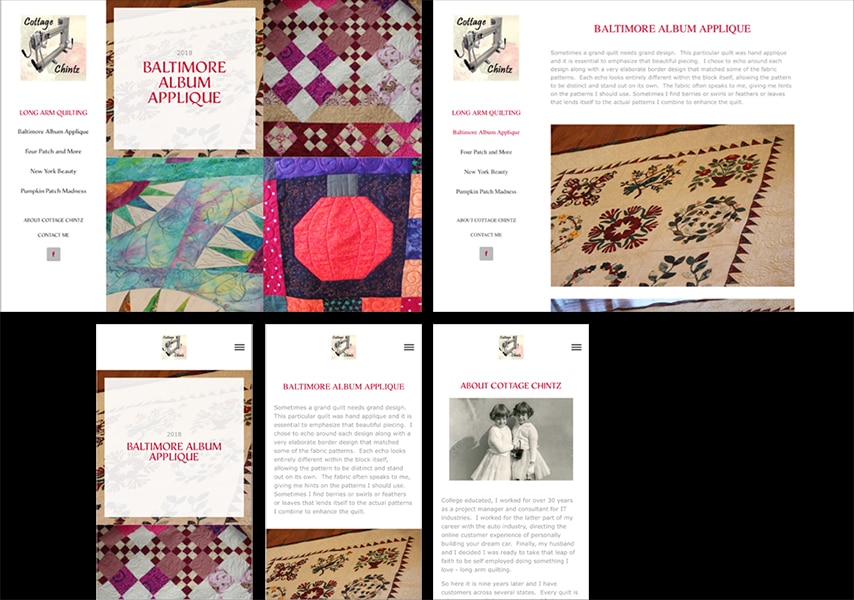
WEB 101: HTML and CSS I - 3 Credits
In order to build a Web site today, you need to know how to code using HTML and CSS. In this online HTML/CSS course, you'll learn just how fun and creative hand coding and designing Web sites can be. Working with a professional Web designer, you'll discover how to create Web pages with HTML and control page design and layout with CSS and get up to speed with current Web design practices including HTML5, semantic coding, CSS Grid, Flexbox, Web fonts, and CSS3 effects. The course will also provide an introduction to techniques used to test website accessibility. HTML and CSS I course syllabus
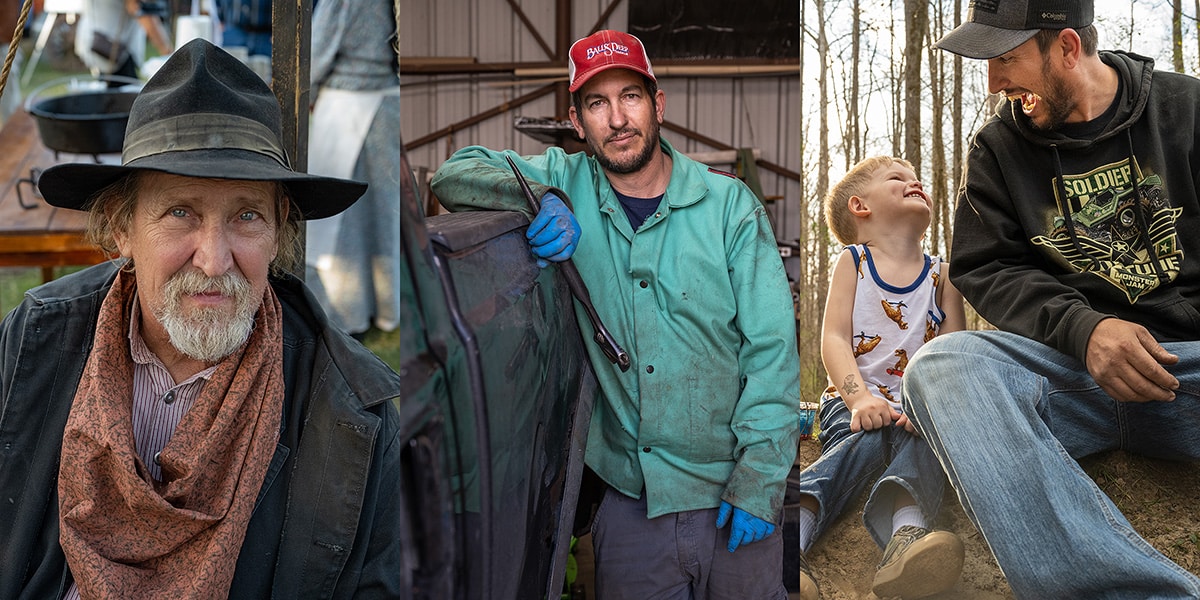
PHO 214: Narrative Photography - 3 Credits
They say a picture is worth a thousand words. Readers and publishers expect photographers to be able to tell stories with images. In this online photojournalism course, you will explore how to utilize an editorial or narrative approach to photography. Throughout the course, you will use conceptualism in conjunction with documentary to build photo essays and other narrative projects. Studying with a respected photojournalist, you'll learn how to research, pitch, shoot, edit, and present a body of work that encompasses unifying themes. Narrative Photography course syllabus
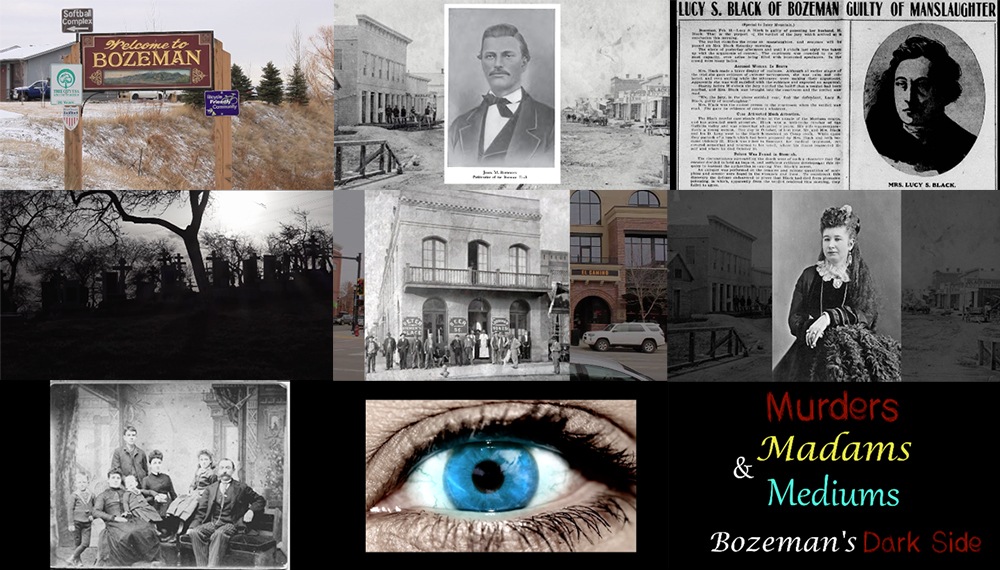
DIG 204: Digital Video Production - 3 Credits
Can you hear Sundance calling? In this online video production course, you'll learn the basics of planning and shooting videos. You'll learn how to control your video camera, execute different kinds of shots, and maintain continuity in your projects. Working with an expert instructor, you'll gain experience in shooting different kinds of videos, focusing on storytelling, production planning, and sound editing, with the ultimate goal of telling stories that move audiences. This course will empower you with the knowledge to tell compelling stories for news, corporate video, and social media. Digital Video Production course syllabus
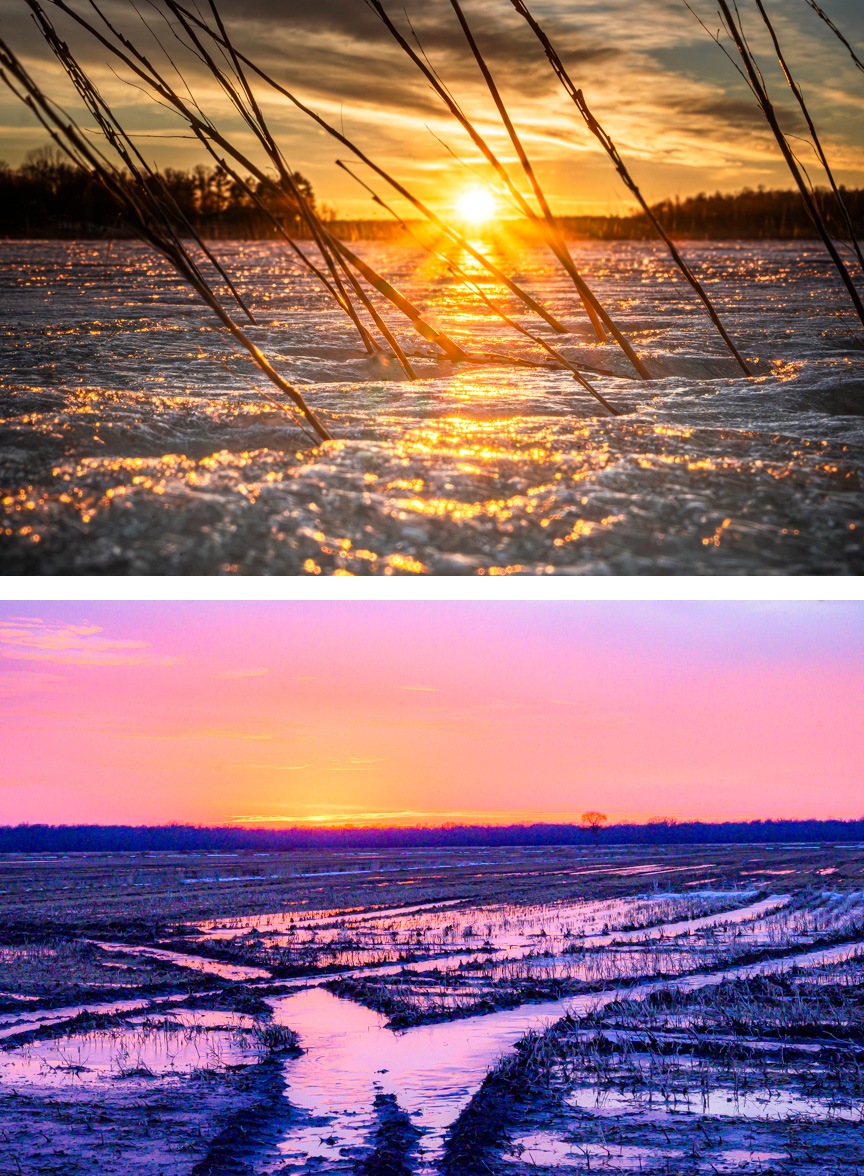
PHO 260: Digital Photography Capstone and Portfolio Review - 3 Credits
The Digital Photography Capstone and Portfolio Review class offers an opportunity to develop a multifaceted portfolio piece and hone your creative work into a polished presentation for future clients and employers.The Digital Photography Capstone Project provides a simulation of an extended photography project. Students will take a photography project from concept to final presentation. Students work closely with the department head, developing a client brief for a project that provides a deep exploration of an area of photography. Digital Photography Capstone and Portfolio Review course syllabus
Program Outcomes
By completing the program, Associate Degree in Digital Photography students develop the following competencies:
Photography
Demonstrate effective and efficient use of a digital camera to create photographs applying well considered framing, exposure, composition, perspective, distance, and lighting.
Lighting
Stage and setup photoshoots by adapting for a variety of typical settings, lighting situations, and project goals.
Technology and Image Enhancement
Apply and demonstrate retouching and color correction techniques to improve or enhance photographic images to a professional level utilizing software including Adobe Lightroom, Photoshop, and other industry technologies.
Art/Design Principles
Produce visually compelling work by employing art and design principles including the use of color, pattern, details, and composition.
Projects
Produce and present a variety of professional photographic work in a wide range of settings including portraiture, event photography, real estate, food photography, and more.
Critical Thinking and Writing
Employ critical thinking to generate, support, and convey ideas through writing for academic or professional contexts.
Portfolio
Apply creative problem solving and constructive feedback to conceive, produce, and present a cohesive body of work that showcases technical and creative skills to employers and potential clients.
About Sessions College
Sessions College has been inspiring creative professionals for 25 years. Accredited since 2001, we have a unique and proven approach to online education.

Accredited by Distance Education Accrediting Commission since 2001
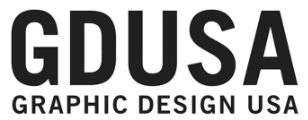
Recognized as top design school by GDUSA

Winner of four USDLA awards for distance education
Student Work
Student Work


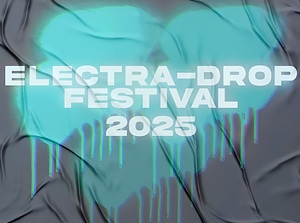

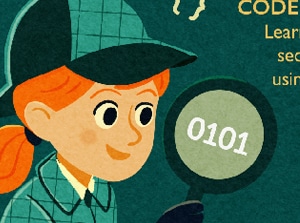


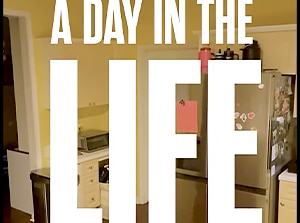

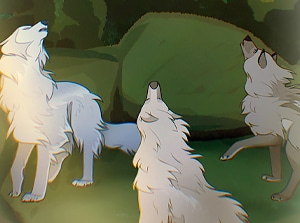
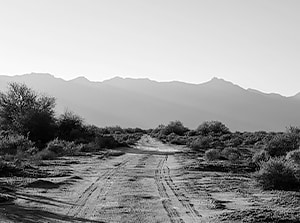



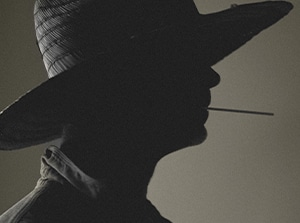
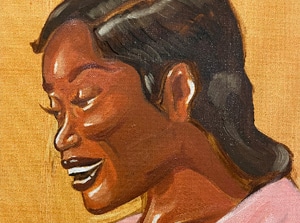
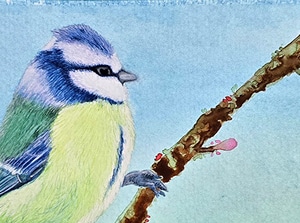



Program Benefits
Launch your Creative Career
Earn a degree and launch your creative career in our most rigorous 2-year program.
By Creatives, for Creatives
Collaborate with a community of creative learners and industry professionals.
Maximize Your Portfolio
Projects put you through your paces as you build a body of work. Your program culminates with a guided portfolio review.
Structure and Flexibility
Weekly deadlines keep you on track, but with no set login times you can build your studies around your schedule.
Education You Can Afford
Affordable programs with low per credit tuition, and financial aid available for those who qualify.
Convenient Online Application
Fast, convenient, and student-centered application process.

Career Outlook for Photographers
Photographers produce creative work for a myriad of clients including capturing images (digital and video) for commercial, industrial, news, and scientific uses, and projects for print, web, and a variety of media including television, film, and live streaming. Photographers need to demonstrate technical expertise, artistic ability, business skills, computer skills, customer-service skills, detail oriented, and interpersonal skills.
Exciting Job Opportunities
Graduates could be employed as an Aerial, Commercial, Industrial, Drone, Fine Arts, News, Portrait, and Scientific Photographer, or Video Editor, Content Producer, Art Manager, and Videographer.
Median Annual Wage and Income Potential
According to the Federal Bureau of Labor Statistics the median annual wage* for photographers was $40,760.
In May 2023, the median hourly wages for photographers in these top industries they work within:
| Media and communication equipment workers | $25.89 |
| Total, all occupations | $23.11 |
| Photographers | $19.60 |
*per May 2023 reporting
In May 2023, the median annual wages for camera operators, television, video, and film in these top industries they work within:
| Motion picture and video industries | $75,800 |
| Government | $58,120 |
| Professional, scientific, and technical services | $56,010 |
In May 2023, the median annual wages for film and video editors in these top industries they work within:
| Motion picture and video industries | $75,560 |
| Professional, scientific, and technical services | $59,980 |
Largest Areas of Employment
Largest employment opportunities for photographers (by percentage) were as follows:
| Self-employed workers | 69% |
| Photographic services | 16% |
Largest employment opportunities for camera operators, television, video, and film were:
| Self-employed workers | 33% |
| Motion picture and video industries | 27% |
| Professional, scientific, and technical services | 10% |
Largest employment opportunities for film and video editors were:
| Motion picture and video industries | 37% |
| Self-employed workers | 34% |
| Professional, scientific, and technical services | 10% |
Job Projections and Employment Trends
Employment opportunities for photographers are projected to grow 4 percent from 2022 to 2032.
There are about 13,900 openings projected for photographers each year, on average, over the decade.
Employment opportunities for film and video editors and camera operator jobs are projected to grow 7 percent from 2022 to 2032.
There are about 8,200 openings projected for film and video editors and camera operators each year, on average, over the decade.
Based on Federal Bureau of Labor Statistics and Indeed Job Outlook data.
Learn More
Based on Federal Bureau of Labor Statistics and Indeed Job Outlook data.
To learn more about this field, visit: American Society of Media Photographers. For more information about testing and obtaining certification to operate commercial drones or unmanned aerial systems (UASs), visit Federal Aviation Administration (FAA). For more information about university photographers, visit University Photographers’ Association of America.
Truly Affordable Education
Our tuition is:
50% lower than the average annual cost of tuition at 4-year colleges in the United States.
Significantly more affordable than other online design / digital media colleges.
So affordable that 100% of tuition costs may be covered for eligible students.* Find out today if you qualify.
* Federal student aid and military education benefits available for eligible students.

Frequently Asked Questions
Our online application process makes getting started easy, fast, and convenient.
What is the Admissions Process?
To enter the program you are expected to have earned a high school diploma, GED, or state-approved home school equivalent. Any students under 17 years of age will also need to provide the signed permission of a parent or guardian.
We have a convenient and student-friendly online application process. Simply complete our program application form and provide transcripts, an application essay, and 5-10 samples or art/design work or alternative written assignment, and a $75 application fee. See our complete application guide and credit transfer policy.
Applications are reviewed by our Acceptance Committee and generally returned within a business week.
You can begin your creative journey by completing our online application today. There is no charge until you submit your application materials and no obligation to enroll.
What Software or Supplies Do I Need?
To take this program, you’ll need the following:
| Technology | Desktop or laptop computer with a reliable high-speed Internet connection. Computer must meet minimum specifications for Adobe Creative Cloud (Chromebooks and iPads are not suitable). |
|---|---|
| Software | Adobe Creative Cloud: Lightroom, Photoshop, Premiere Pro. Microsoft Word or an equivalent word processing program (such as Google Docs). |
| Camera | A digital camera with manual control over aperture, shutter speed, ISO and white balance. Access to a digital video camera or a smartphone capable of capturing high-quality video. (DIG 201, DIG 204) |
| Supplies | Basic lighting equipment (tripod, lights, modifiers) with DIY options acceptable. Basic drawing materials including pencils, charcoal, newsprint, and sketch paper. |
There are no textbook or course material costs to participate in this online program. Discounts on technology, software, and supplies are available to enrolled students.
How Long is the Program?
The Associate of Occupational Studies (AOS) program is a 72 credit program completed in six semesters or two years by a student on a full-time schedule. Students with transfer credit can graduate in under two years and part-time schedules are available.
Will the Program Fit My Schedule?
Fully Online and Asynchronous. Our programs are fully online and asynchronous, allowing you to fit learning into your life. We provide weekly deadlines to keep you on track, but there are no mandatory login times and our learning platform is available 24 hours a day.
Is the Tuition Affordable?
Truly Affordable Tuition. Since our founding in 1997, we have been committed to making the highest-quality design and digital media education available at the lowest cost.
Our truly affordable tuition is:
| Associate of Occupational Studies (AOS) Program - 2025-26 Tuition |
|---|
| $350 per credit |
| $4,200 per semester |
| $8,400 per academic year |
| $25,200 total program tuition |
Per-credit tuition is the same full-time and part-time students. Federal financial aid available for eligible students. Ask about our $500-$3,000 scholarships for exemplary applicants.
A $200 registration fee is required to process your enrollment in the program. Registration fees are nonrefundable after 5 days from the scheduled beginning of program orientation. See Degree Program Admissions.
Is Financial Aid Available?
Federal Student Aid. Federal student aid is available to students who qualify. If you are eligible, you may be able to fund your program using Pell Grants and Federal student loans. Check out our Financial Aid Information pages and ask to set up an interview with our Financial Aid Director.
Military Student Aid. Military servicemembers and their families who are eligible for GI Bill Education Benefits or active service member Tuition Assistance (TA) may also be able to utilize these programs to pay for their education.
Creative Learner Scholarships. Ask about our innovative scholarships for adult learners. The Creative Learner Scholarship Program can help you offset your tuition costs.
What are the Deadlines to Enroll?
Here are relevant deadlines to be admitted for next term.
 February 9, 2026
February 9, 2026
 Final Deadline:
December 8
Final Deadline:
December 8
 End Registration:
December 22
End Registration:
December 22
Get Started Today
Take the first step on a rewarding creative journey towards earning an Associate Degree in Digital Photography.
By submitting this form, you consent to an Admissions Advisor contacting you about our educational programs via email, phone, or SMS text. Message & data rates may apply. You can opt out or unsubscribe at any time. Privacy Policy.